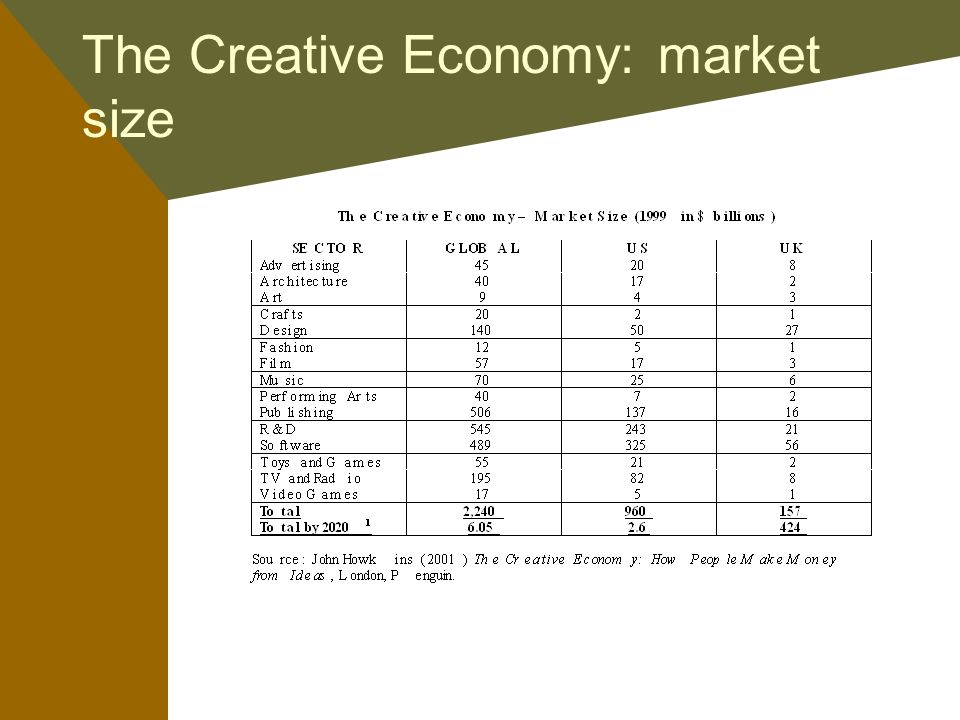
And the formats are extremely elaborate — underground, on rooftops, on trees. In my opinion, coworking spaces close after a certain period of time as quickly as they opened. Because the market is saturated and there are not enough specialists. The most relevant areas remain those that are linked to business, self-development and interpersonal relations. Each one of us is happiest when a balance is achieved between all areas of life. For example, a person tries star fruit for the first time and feels disappointed. But he simply got a piece of spoiled fruit or one that was unripe.
Ways to make money in the music industry
Creative and artistic types have skills that can not only lead to a robust salary, but a considerable side hustle. Not surprisingly, the earning potential amongst liberal arts majors very much boils down to career choice. The earning possibilities are endless. Click through this slideshow for 14 ideas on how to make money on the side. You can sell your expertise e. The work requires considerable labor in the front end: Recording video lectures, creating a class syllabus, writing content and coming up with assignments. However, once the work is done, you simply have to post your course study the format and marketing of successful online courses for context and get a percentage of the course sales. Pay models vary between online learning platforms depending on their business models e. Start by researching how to create online courses on one of the many online learning portals, such as Zeqr, Skillshare , Teachable , Yondo , Lynda.
How to make money in the music industry
Copy editing can be good work for English, journalism or literature majors — basically people with an affinity for the English language and its rules — and the work can be done remotely as long as you have a computer and Wi-Fi access. Often, copy editors and proofreaders are expected to abide by certain writing style guides — the AP Stylebook or The Chicago Manual of Style are the go-to standards. The industries you can work in as a copy editor or proofreader are varied: print magazines, financial institution reports, web copy to nonprofit newsletters. However, academic and medical written material tend to follow different guidelines, such as the AMA Manual of Style. You can fine-tune your copyediting and proofreading skills by taking an online copyediting course for certification at recognized online organizations, such as the American Society for Editing , Mediabistro or Poytner. Create a profile on these sites. Typically, you can either apply for jobs available or your profile may attract potential clients. Keep in mind, some places may ask you to take a short copyediting test to assess your skills.
Create online classes.
Earning money from creative expression has always been a contentious issue because many think that money impinges on the integrity of the creative work. Making money forces you to think within limitations. As creativity is aided by restriction, this actually encourages it. Whether writing a work of fiction, painting a picture or designing a corporate logo, you must create for yourself first, and your audience second.

Adam, I am happy i found your blog. Have you got any other ideas about how musicians can make money? If you have any kind of artistic vision, or find yourself frequently making things by hand, Etsy can be a great place to get your feet wet as an online business owner. A career as a musician, can be tough to raise enough money for instruments, recording studios and even growing your awareness with people interested in and a part of the industry. It can be a good little earner. The first step is the key point. The only real rule is that you must always pay off your credit card balance in full.
Creativity Pays — Getting a Job in the Creative Industries
Image by Wes Peck. But how do you join the dots between the big economic picture and your own situation, and choose the most rewarding career path for you? In this scenario you agree to work for an organisation in return for a salary and benefits package. Do a good job, and you can expect to rise within the organisation, with increasing responsibilities and rewards the higher you go.
Copy edit.
Another big motivation for promotion among creative professionals is the prospect of greater creative freedom — the opportunity to define your own role, make your own decisions and put your own ideas into action. For many years, commercial workplaces were characterised by order, hierarchy, rules and procedures. While there are still plenty of workplaces like that around, the growing recognition of the importance of creativity has meant that many companies are promoting a more relaxed and informal culture at work. An extreme version of this is the Results Only Work Environment ROWEwhere employees are allowed do any legal thing they like as long as they deliver on agreed outcomes. For creatives with a low boredom threshold, this can be an appealing prospect, allowing you to take on a series of fresh challenges. One big plus of being an employee is the security of knowing your salary will hit your bank account every month. If you land a job at a company that inspires you, with an understanding and supportive boss and talented colleagues, you can learn a tremendous .

Comments
Post a Comment